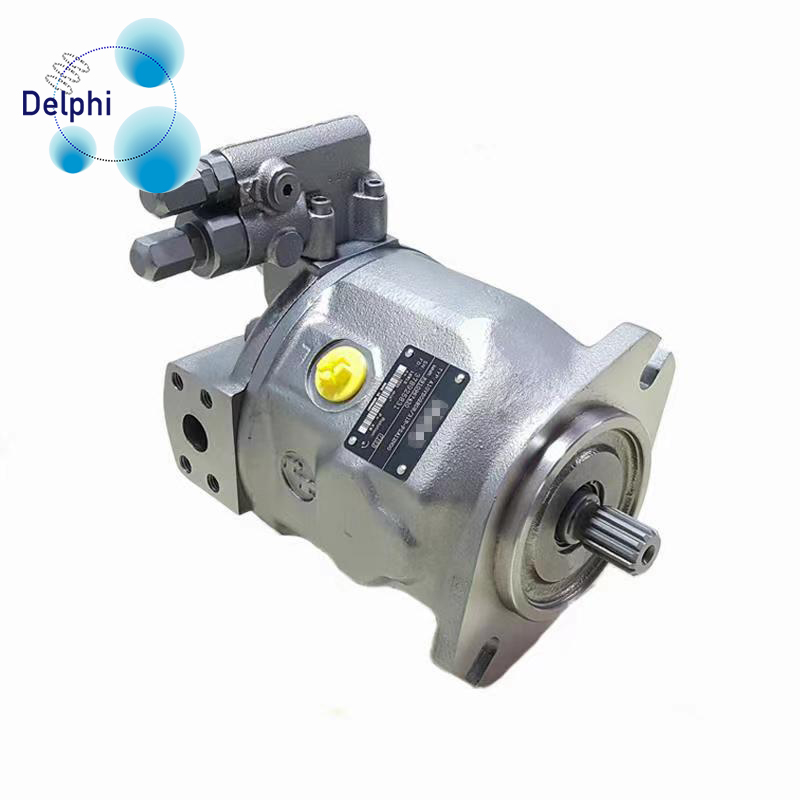Contaminated hydraulic fluid can cause a variety of problems in hydraulic systems, including reduced performance, increased wear and tear, and component failures.
Here are some signs that hydraulic fluid may be contaminated:
Discoloration: If the hydraulic fluid appears darker than normal, or has a milky or cloudy appearance, it may be contaminated with water or other substances.
Foaming: If the hydraulic fluid appears to be foaming or bubbling, it may be contaminated with air or other gases.
Sediment or debris: If there are visible particles or sediment in the hydraulic fluid, it may be contaminated with dirt, debris, or other contaminants.
Unusual odors: If the hydraulic fluid has a foul or unusual odor, it may be contaminated with bacteria or other microorganisms.
Reduced performance: If the hydraulic system is not performing as it should, or if there are unusual noises or vibrations, it may be a sign that the hydraulic fluid is contaminated.
If you suspect that the hydraulic fluid in your system is contaminated, it’s important to have it checked by a qualified technician or repair shop as soon as possible. hydraulic pumps They can perform tests and inspections to determine the cause of the contamination and recommend the appropriate course of action, which may include fluid replacement, system cleaning, or component repairs or replacements.
How can I find a qualified technician to check my hydraulic system?
Finding a qualified technician to check your hydraulic system can be important to ensure that your equipment operates safely and efficiently.
Here are some steps you can take to find a qualified technician:
Check with equipment manufacturers: If your hydraulic system is part of a larger piece of equipment, such as a tractor or excavator, check with the manufacturer to see if they offer maintenance and repair services or can recommend a qualified technician.
Research local repair shops: Look for repair shops in your area that specialize in hydraulic systems and have experience working with the type of equipment you have. Online directories or local business associations can be helpful resources for finding qualified repair shops.
Ask for referrals: Ask colleagues, friends, or other professionals in your industry if they can recommend a qualified hydraulic system technician or repair shop. They may be able to provide valuable insights based on their own experiences.
Check for certifications: Look for technicians or repair shops that are certified by reputable organizations, such as the National Fluid Power Association (NFPA) or the International Fluid Power Society (IFPS). These certifications demonstrate that the technician or shop has met specific standards for knowledge and expertise in hydraulic systems.
Verify insurance and licenses: Make sure that any technicians or repair shops you consider have proper insurance and licenses to operate in your area. This can help protect you and your equipment in case of accidents or other issues.
By taking these steps, you can increase your chances of finding a qualified technician or repair shop to check your hydraulic system and ensure that it is operating safely and efficiently.
